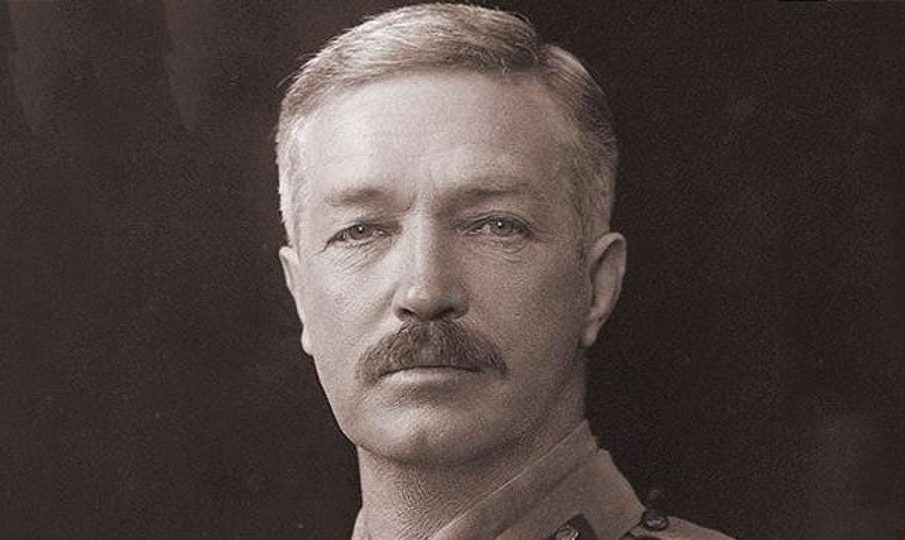The Legacy of General Dyer and the Jallianwala Bagh Massacre

Introduction
The events surrounding General Reginald Dyer and the Jallianwala Bagh massacre of April 13, 1919, remain a pivotal moment in both Indian and British history. This incident marked a significant turning point in India’s struggle for independence, highlighting the severe consequences of colonial rule and the dire need for reform. Dyer’s actions not only led to international condemnation but also fueled the Indian freedom movement, making it essential to understand his role in this historical context.
The Jallianwala Bagh Massacre
On April 13, 1919, thousands gathered at the Jallianwala Bagh, a public garden in Amritsar, to protest the repressive Rowlatt Act enforced by the British government, which allowed for arrest without trial. General Dyer, acting as the military commander of Amritsar, interpreted this gathering as an act of defiance. In response, he ordered troops to open fire on the crowd, resulting in the deaths of hundreds and injuring thousands of innocent civilians. This brutal retaliation drew outrage both in India and abroad, as reports of the massacre spread.
Dyer’s Justification and Consequences
In the aftermath, General Dyer justified his actions by claiming he aimed to provide a stern warning against further civil disobedience. He believed his intervention was necessary to maintain order and control. However, his justifications did little to quell the anger and resentment among Indians. The massacre catalyzed the rise of nationalist movements in India, with key figures like Mahatma Gandhi and others amplifying calls for independence. Public opinion turned sharply against British rule, marking a significant shift in the political landscape of India.
International Reaction
The international reaction to the Jallianwala Bagh massacre was swift and severe. Public figures, politicians, and journalists criticized Dyer’s actions, leading to an inquiry by the Hunter Commission. While some in Britain defended Dyer, he became a symbol of the oppression and brutality of colonial rule. This incident not only strained relations between Britain and India but also influenced discussions on colonial governance worldwide.
Conclusion
The legacy of General Dyer and the Jallianwala Bagh massacre continues to resonate in modern discussions about colonialism, human rights, and national identity. Understanding this historical event is crucial for recognizing the impact of British colonial rule in India and the eventual rise of the movement for independence. As Canada and other nations reflect on their colonial pasts, the lessons from the actions of figures like General Dyer serve as a reminder of the importance of justice, accountability, and the pursuit of freedom for all.”









